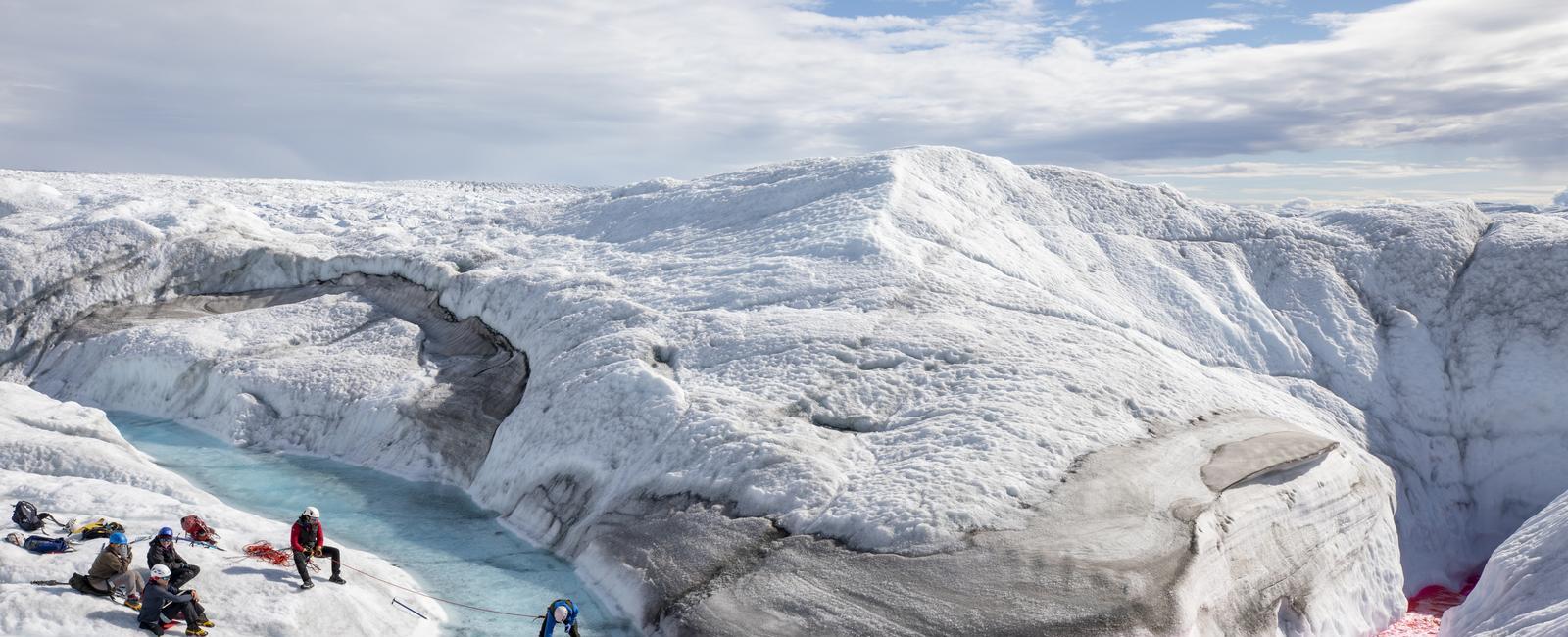How melting ice due to climate change is having surprising global effects : NPR

Climate change is affecting the world in more ways than we thought possible. As the temperature of the planet increases, so does the rate at which ice melts. This is leading to an array of surprising global effects, according to a recent article by NPR.
One of the most striking effects is the creation of new shipping routes in the Arctic. As previously impassable ice melts, new routes are opening up that will significantly reduce the time and cost of shipping between Asia and Europe. This means that the Arctic is becoming a new center for shipping and transportation, with global implications for trade and commerce.
Climate change is also affecting the lives of animals in the Arctic. Polar bears, for example, rely on sea ice to hunt for food. With less and less ice available, they are struggling to find enough food to survive. This puts the polar bear population at risk of decline, which could have ripple effects throughout the food chain.
On a more positive note, melting ice is also revealing new archaeological sites and ancient artifacts that have been hidden for centuries. This includes the discovery of a 9,000-year-old hunting weapon in Norway, as well as ancient sleds and hunting gear found in Norway and Canada. These artifacts provide important insights into early human history and the ways in which humans adapted to life in the Arctic.
The effects of melting ice due to climate change are far-reaching and complex. While we are seeing some unexpected benefits, such as the opening of new shipping routes and the discovery of ancient artifacts, we are also seeing negative impacts on wildlife and the environment. We must work to address climate change in order to mitigate these effects and protect the planet for future generations.
Quick Links

